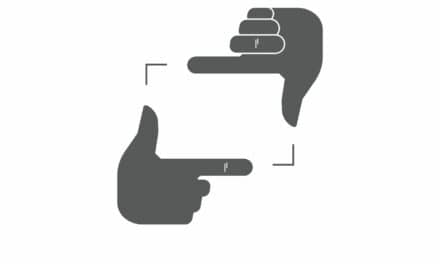America’s Sleep Debt

Sleep medicine received yet another boost when the July 15th issue of Newsweek ran a cover story titled “Why We Can’t Sleep,” which focused on insomnia, apnea, the five stages of sleep, and what science is learning about factors associated with sleep. With an estimated 70 million Americans suffering from some sort of sleep deprivation and the vast majority not aware that they have sleep disorders, consumer coverage of our industry is a real plus for everyone from sleep specialists and family physicians to the general public and the health care industry as a whole.
One of the challenges facing the sleep industry is consumer awareness and getting general practitioners to question their patients about their sleeping habits. If more Americans were made aware of their sleep debt and the impact it is having on their quality of life, and if more physicians were made aware of the associated risks of high blood pressure, coronary-artery disease, and stroke, then a greater percentage of these sleep-deprived Americans could be diagnosed and treated. Fortunately, the Newsweek article touched on snoring, which is usually considered a nuisance for bedpartners or people in the next room. Loud snoring can be an indication of sleep apnea, especially for those over the age of 50. For those who snore and are diagnosed with sleep apnea, treatment methods can range from continuous positive airway pressure devices to oral appliances. The trick is to get those people to seek help instead of laughing off their loud snoring.
For some, sleep deprivation is a matter of choice. Many people are convinced that they can simply get by on 4 to 5 hours of sleep a night. The article in Newsweek points out that the average American now sleeps about 7 hours a night, and some consider this to be sleeping in. Seven hours is 90 minutes less than what people used to sleep in the early 1900s. While many individuals believe they can be more productive with fewer hours of sleep, researchers have proven that sleep-deprived patients are indeed impaired. Two areas that can become immediately affected are memory and behavior.
As discussed in the book, President Nixon, Alone in the White House, by Richard Reeves, Nixon would often deprive himself of sleep, and would spend many nights working on an upcoming speech. For staffers such as H.R. Haldeman, John Ehrlichman, and Henry Kissinger, it was not unusual to receive a phone call from the President in the middle of the night. Nixon prided himself on his ability to work long hours and encouraged his staff to “get the word out” to the press on how hard he worked and what little sleep he needed. According to Haldeman, the President would sneak in naps at his office in the Old Executive Building, while never admitting to it. Nixon liked to say that sleep was for people who wanted to run away from problems and adversity. Haldeman and Ehrlichman both believed that Nixon’s sleep debt contributed to his fits of irritability, anger, lack of focus on certain issues, and problems with his decision-making process.

Another recent President who was known for getting by on very little sleep and working long hours was Bill Clinton. Staffers often commented and marveled at Clinton’s ability to keep going when everyone else was dead tired. It has been reported that it was not unusual for Clinton to work 18 to 20 hour days and be back in the Oval Office first thing in the morning. During his two terms, the bags under Clinton’s eyes were often the butt of jokes from late night talk show hosts.
George W. Bush, who is known for getting 8 hours of sleep, has also been made fun of by those same talk show hosts for sleeping too long. And based on what we are learning about the benefits of a good night’s sleep and the harm and risks associated with not getting enough sleep, George W. just might have the last laugh.
Tony Ramos
[email protected]
Paige Smith, Editor
[email protected]



